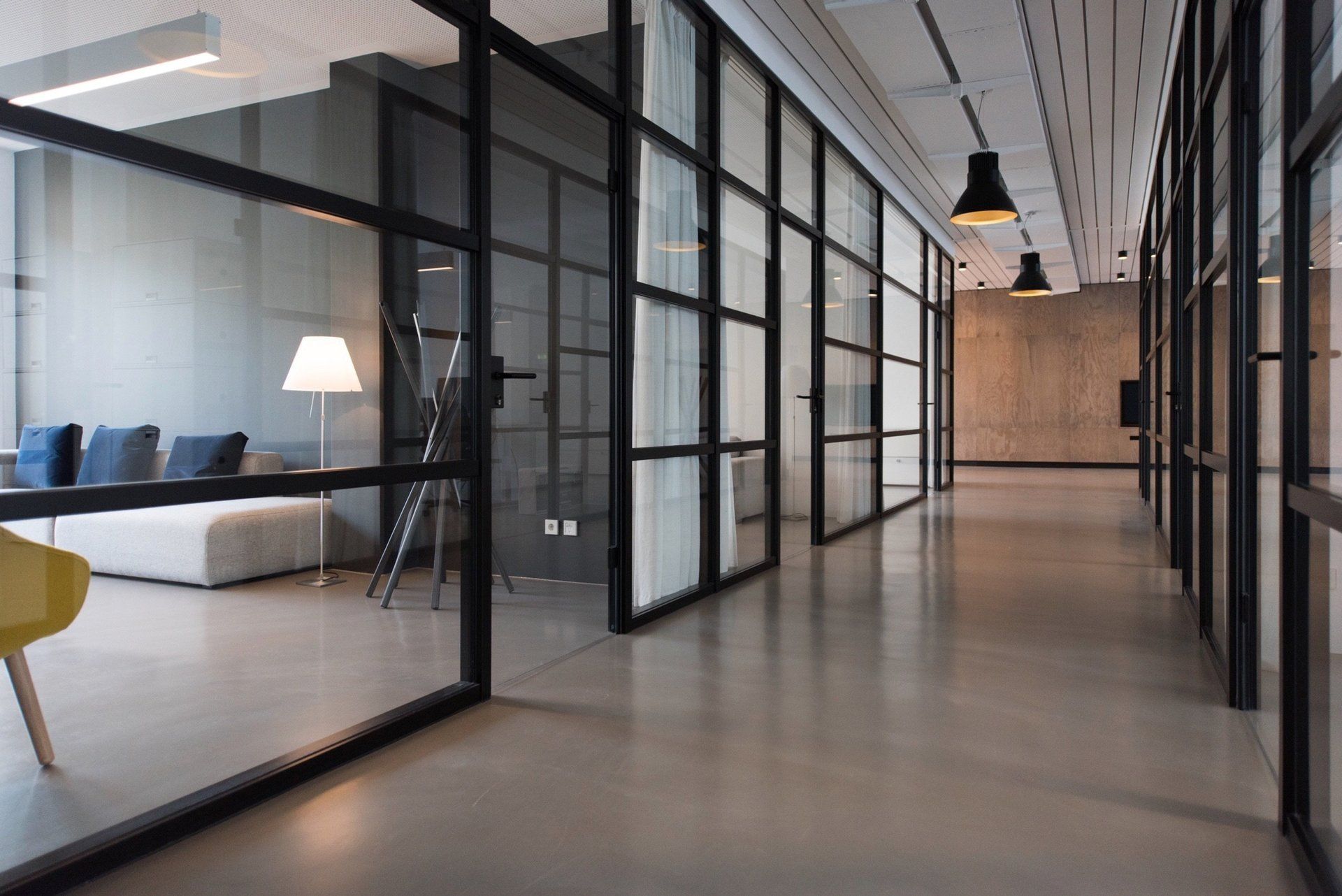What is a Non Recourse Commercial Loan
What is a Non Recourse Commercial Loan?
A non recourse
commercial loan is one whereby the only form of security taken in support of the loan is the underlying asset or project which the loan is funding with the lender having ‘no recourse’ or no resort to any of the borrowers’ other assets.
For example, if a borrower takes out a loan to fund purchase of a commercial property, the security under a non recourse loan arrangement would be a mortgage over the said commercial property and a GSA or charge over the company (if property is held in company name )with no guarantee taken from individuals or any other companies forming part of the same group.
This is usually sought out by company directors who wish to borrow in their company name without necessarily providing directors’ guarantees in support of the lending.
Criteria for consideration
- Commercial Loans with low loan to valuation ratios well below the standard 65-70% levels. For example if a borrower seeks a loan of $3,000,000 against a property valued at $6,000,000, the likelihood of approval on a non recourse basis are higher. This is because the lender will have a higher buffer in event of a default.
LVRs usually need to be around the 50% mark.
- Non recourse loans are usually available for larger loan amounts and require more input from credit assessors.
- Strong primary exit needed. In other words, debt servicing from income available to the borrowing entity on a stand alone basis needs to be strong with no reliance on other group companies for servicing. Where income available for servicing is scattered among different businesses/companies, guarantees from those companies will need to be taken which may take the loan outside the non recourse parameters.
- Strong applicants more likely to be granted approval on a non recourse basis.
The benefits of this type of lending is the simple security structure with the lender taking security over the commercial property on a stand along basis without holding the individuals personally responsible for the debt. It is particularly appealing to large groups of companies with multiple ownerhip structures as it keeps their security structure clear-cut.
One of the main benefits of a non recourse loan is the elimination of personal liability.
Drawbacks include the fact that non recourse lenders will impose more restrictions on their loan arrangements by way of added covenants or ongoing conditions. This is usually done to ensure the underlying property maintains its value and the LVR is not eroded.
When making your borrowing decisions, it is important to keep in mind that your lender and loan have a significant impact on the ongoing management of the loans associated with your commercial property portfolio. This can have an impact not only on your loan management but also on your overall property portfolio. This is why it is important to discuss your strategies early on with your trusted finance broker who can negotiate on your behalf with the lender a loan structure that best fits your needs.

Improve your credit score 1. Stay on top of your repayments and commitments. Consider setting up direct debits for utility bills and schedule loan repayments for a set day (may be your pay day) 2. Keep track of your credit commitments. 3. If you move house or update your contact details, notify lenders. .. 4. If you are having trouble meeting repayments, seek assistance early on. 5. Use the many online options to view your credit file and take sometime to go through it and understand its contents

Commercial Investment Loans Definition Commercial Real Estate (often abbreviated to CRE) is property that is income producing used for business purposes as opposed to residential. Some examples include shops, restaurants, office buildings and shopping centres. Commercial property can be either owner operated ie the owners of the property operate their businesses from the said commercial property, or they can be owned by landlords who then lease them out to business owners to house their operations. In this blog, we will be looking specifically at Commercial Investment Property being a property owned by a landlord for investment purposes, ie leased to a business operator.



